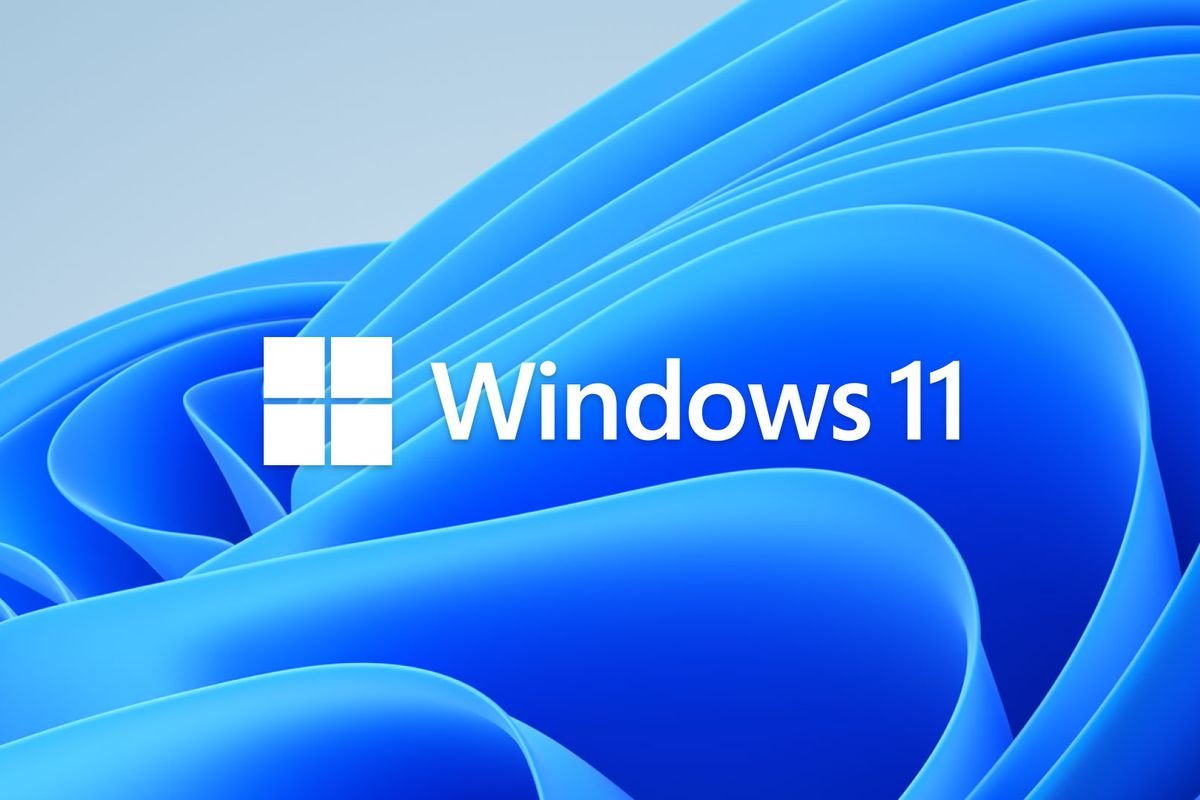It is sometimes debated whether Microsoft develops the Windows 10 and especially Windows 11 beyond the needs of end users. Susan Bradley conducted a mini poll on SurveyMonkey weeks ago on “how satisfied are you with Windows 10/11 and updates, feature updates and possibilities that are offered” or “how satisfied are you with Windows 10/11 and the updates, the feature updates and the features offered”.

The Results it's a slap in the face to Microsoft's marketing, which has reportedly been developing products out of step with market needs for years.
Susan Bradley wanted to get an idea of how IT is using Windows, their opinion on Windows 11 and what other options are available. The survey asks what operating systems and versions people use, how satisfied they are with Windows 10, what they think about the quality of Microsoft updates and Windows 10 feature updates.
Susan Bradley (also known as Patch Lady or SBSDiva) also wanted to know if people knew about Windows 11 and if they would change operating system.
The survey does not have millions of participants - there were only 1.000 responses. However, it is an indication of the global technology bubble, as the reading public is international. Susan he published the results of research in ComputerWorld.
The operating systems used
A first question was about what operating systems the participants are still using and immediately the first surprises came.
Windows 10 is used by 74,75% of participants in various versions.
However, 9,7% of respondents use Windows 7 with ESU, while 5,94% of respondents already work with Linux
The rest (4,55%) were using Windows 11, Windows XP, Chromebooks and Windows 98.
Apple's macOS was at 1,98% of responses. And while it seems that no one can beat Windows 10, Windows 7 and Linux have about 15% of the desktop market, which would not be expected.
Customer satisfaction
The numbers for the overall satisfaction of Windows (in all versions) are not bad, according to the following data:
21,82% are satisfied with Windows
41,56% say they are partially satisfied with Windows
14,71% declare neutral towards Windows
11,65% are not satisfied with Windows and
10,27% are completely dissatisfied with Windows
Since the majority of users work with Windows 10, these numbers probably apply to this operating system.
In the survey, participants could state why they were not happy with Windows. Three things were mentioned more often and were not the colorful icons that users lacked. Neither the News integration nor the Peoples application. What people do not like is:
- the time lost in updates
- problems that arise after updates
- and telemetry
Will Microsoft's marketing department hear the bells for new product development? More than 20% of people who use Windows are dissatisfied or very unhappy and there are three major problems with this.
updates
Susan's research also had some very interesting questions about how IT professionals are satisfied with the update process provided by Microsoft for the various versions of Windows.
44,02% of respondents are not satisfied with the quality of the Windows 10 update process (about half are very dissatisfied)
19,06% of respondents are neutral about the quality of updates,
25,05% of respondents are somewhat satisfied and only 11,88% are completely satisfied with the Windows 10 updates released by Microsoft.
How useful feature updates are
When Windows 10 was released, new feature upgrades became the biggest invention since Columbus' Egg. Always the latest features, built-in security came fully automated. A few days ago, during the release of Windows 10 21H2, we reported that Microsoft will return on Annual feature updates for Windows 10 (as it did with Windows 11).
Only 3,83% of participants rate the new feature updates as extremely useful
16,43% can still classify new feature updates as somewhat useful
26,11% of respondents see the whole issue as neutral, but more than 53% of survey participants did not find the new feature updates useful
Susan Bradley reports that one participant said, “In all the time Windows 10 has been around, I have yet to see a new feature update that has had an obvious impact on work my".
Another red card for managing Windows 10 from Redmond, who have been developing an operating system that exceeds the needs of the majority of users for six years.
Will anything important come with Windows 11?
The survey shows that almost all respondents had heard of Windows 11 and out of 1.006 participants, only 4 said they did not know about Windows 11. Of the remaining 1.002 people, only 20,4% were excited about Windows 11.
When asked about the upgrade they mentioned:
22,74% plan to upgrade to Windows 11 sometime in the future
27,41% should remain in Windows 10 due to incompatible hardware
while 11,82% will stay in Windows 10 because they like it.
Interestingly, 38,03% of respondents cited the "other" as a reason for not upgrading, with some saying they would upgrade to 11 once they proved stable.
But 80,32% of respondents say they will not upgrade to Windows 11. The survey was conducted in August 2021 and analyzed in late September 2021. Only 19,68% plan to upgrade and 8,97% changed to platform Linux, while 14,05% mentioned another option (including staying on Windows 7).
However, we are already a few weeks after the first release and we have already seen how buggy Windows 11 is.
The desire for stability, and the requirement for "an operating system that belongs to me and does not constantly pull data by telemetry" or "my applications should work and help automate tasks and not constantly try to install junk like Candy Crush & Co ”is currently unclaimed.





